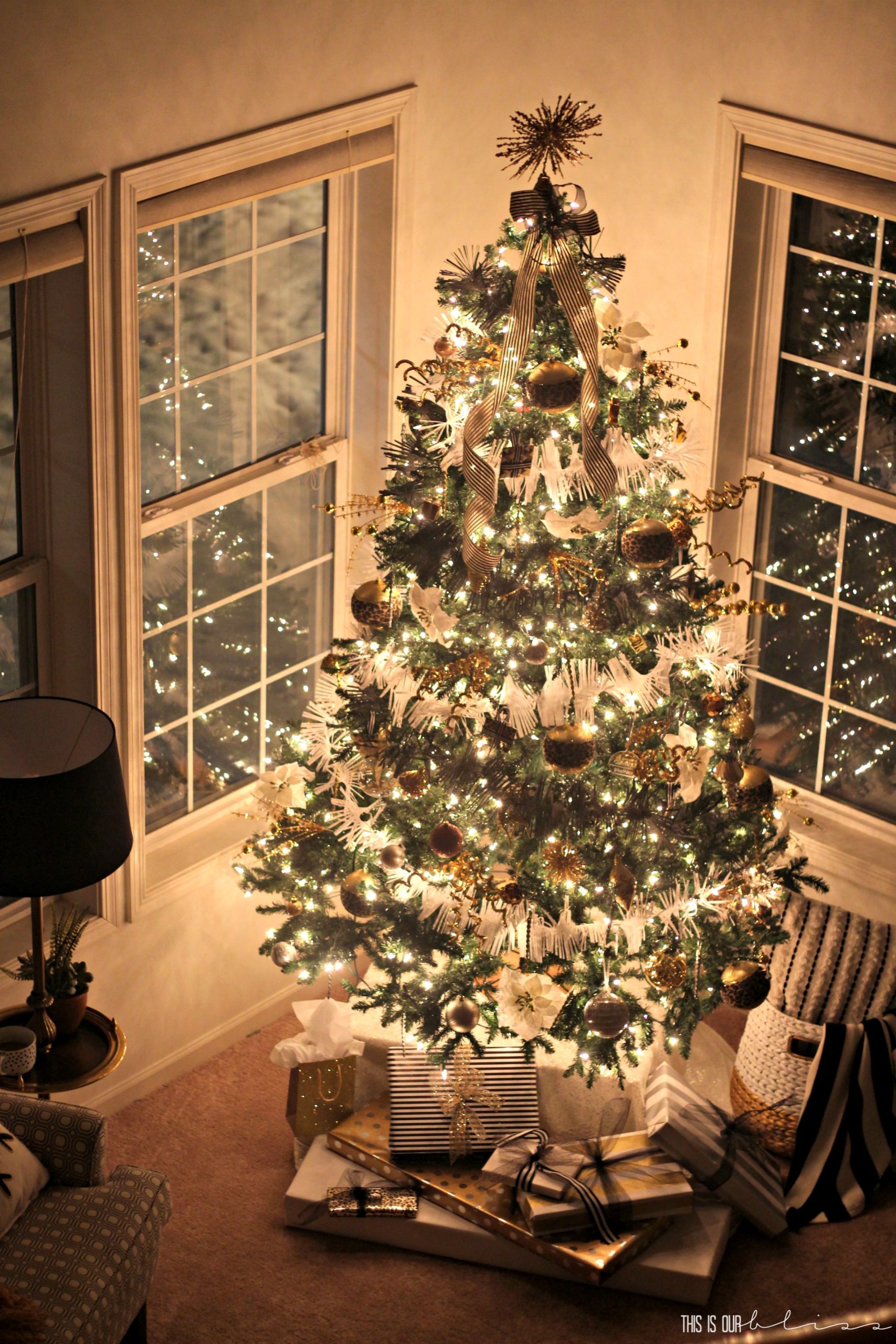The holiday season is a magical time, and Christmas lights play a big part in creating that festive atmosphere. However, it’s essential to prioritize safety when decorating with lights to avoid accidents and ensure a joyful holiday. Here are some detailed tips to help you make your home safe with Christmas lights.
1. Choose the Right Lights
- Check for Certification: Always use lights that are UL-listed, which means they meet safety standards. Look for the UL seal on the packaging.
- LED Lights: Opt for LED lights instead of incandescent ones. LEDs are more energy-efficient, produce less heat, and reduce the risk of fire.
2. Inspect Your Lights
- Check for Damage: Before hanging your lights, inspect each string for any signs of damage, such as frayed wires, broken bulbs, or cracked sockets. Discard any damaged lights.
- Replace Broken Bulbs: Replace any missing or broken bulbs to prevent electrocution or fire hazards
3. Use the Right Extension Cords
- Outdoor-Rated Cords: Use extension cords that are rated for outdoor use if you’re decorating outside. Indoor cords are not designed to withstand the elements
- Avoid Overloading: Do not overload extension cords or power strips. Follow the manufacturer’s instructions on the maximum number of light strings that can be safely connected
4. Safe Installation Practices
- Use Proper Fasteners: Avoid using nails, staples, or tacks to hang lights, as they can damage the wires and create a fire hazard. Instead, use plastic clips or hooks designed for hanging lights
- Keep Connections Dry: Ensure that all electrical connections are kept dry. Use waterproof connectors and keep plugs off the ground and away from puddles
5. Avoid Overloading Circuits
- Dedicated Circuits: If possible, use a dedicated circuit for your holiday lights to avoid overloading your home’s electrical system
- Use GFCI Outlets: Plug outdoor lights into ground fault circuit interrupter (GFCI) outlets to protect against electrical shock
6. Ladder Safety
- Stable Ladder: Use a stable, non-metal ladder when hanging lights to avoid electrical shocks. Ensure the ladder is on a flat surface and have someone hold it steady
- Weather Conditions: Avoid hanging lights in wet or windy conditions to prevent slips and falls
7. Timers and Smart Plugs
- Automatic Timers: Use automatic timers to turn your lights on and off. This not only saves energy but also reduces the risk of overheating
- Smart Plugs: Consider using smart plugs that can be controlled via your smartphone, allowing you to turn off lights remotely if you forget
8. Indoor Safety
- Tree Safety: If you have a live Christmas tree, keep it well-watered to prevent it from drying out and becoming a fire hazard. Place the tree away from heat sources like fireplaces and radiators
- Turn Off Lights: Always turn off Christmas lights before going to bed or leaving the house
9. Storage Tips
- Proper Storage: After the holidays, store your lights properly to prevent damage. Use a storage reel or wrap them around a piece of cardboard to avoid tangling
- Cool, Dry Place: Store lights in a cool, dry place to prevent moisture damage


 Facebook
Facebook
 X
X
 Pinterest
Pinterest
 Copy Link
Copy Link
